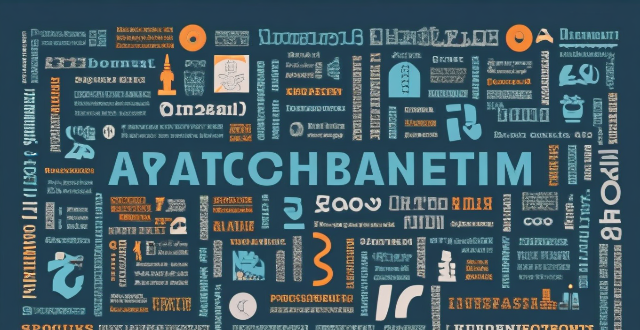The text discusses the role of technology in enhancing fairness in sports competitions. It mentions video replay and review systems, advanced timing systems, biological passports, and wearable technology as some of the ways technology can be used to ensure a level playing field for athletes and promote fair competition. The text concludes that technology has a significant role to play in enhancing fairness in sports competitions and will continue to evolve to promote fair competition and preserve the integrity of sports worldwide.

Can Technology Be Used to Enhance Fairness in Sports Competitions?
Technology has become an integral part of sports, from training to competition. One of the key areas where technology can have a significant impact is in enhancing fairness during sports competitions. In this response, we will explore how technology can be used to ensure a level playing field for athletes and promote fair competition.
Video Replay and Review Systems
One of the most common ways technology enhances fairness is through video replay and review systems. These systems allow officials to review critical plays, such as goals, fouls, or disqualifications, ensuring that decisions are accurate and unbiased. For example, in football, the use of instant replay allows referees to review questionable calls, reducing the likelihood of incorrect decisions that could affect the outcome of a game.
Advanced Timing Systems
Another way technology promotes fairness is through advanced timing systems. In races and other timed events, precise timing is crucial to determine winners and record performance times. High-tech timing systems can measure split seconds accurately, ensuring that all athletes are timed fairly and consistently. This technology helps eliminate human error and bias in timing, providing a more equitable competition for all participants.
Biological Passports
In sports where drug use can give athletes an unfair advantage, biological passports are being used to monitor an athlete's biological profile over time. By analyzing changes in blood values, such as red blood cell count or hematocrit levels, anti-doping agencies can detect abnormal patterns that may indicate doping. This technology helps maintain a level playing field by identifying and penalizing athletes who use performance-enhancing drugs, promoting clean competition.
Wearable Technology and Biomechanical Analysis
Wearable technology and biomechanical analysis tools provide valuable insights into an athlete's performance, helping coaches make informed decisions about training and strategy. These devices collect data on factors such as heart rate, speed, distance traveled, and muscle activity, allowing coaches to optimize their athletes' performance while ensuring they stay within the rules of the sport. By using these tools, coaches can develop tailored training programs for each athlete, improving their chances of success without resorting to unfair methods.
Conclusion
In conclusion, technology has a significant role to play in enhancing fairness in sports competitions. From video replay systems to advanced timing devices, biological passports, and wearable technology, various technological advancements help ensure that athletes compete on a level playing field. As technology continues to evolve, it will undoubtedly play an increasingly important role in promoting fair competition and preserving the integrity of sports worldwide.